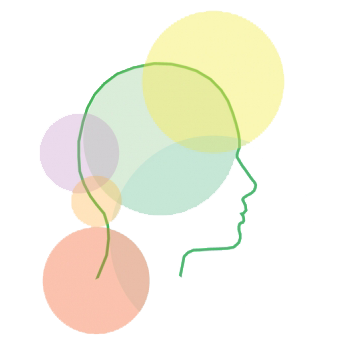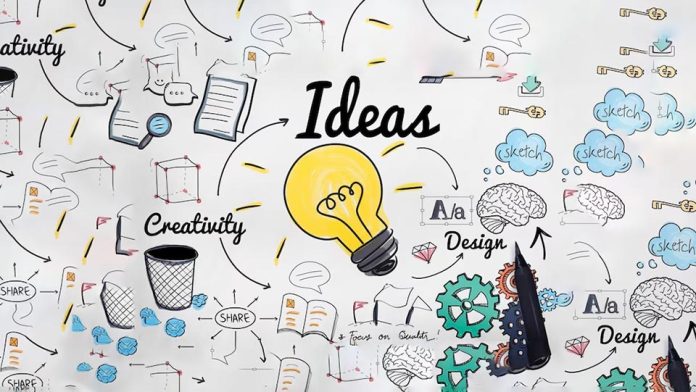We’ve all been there. A spark of an idea, a potential world-changer, flashes in your mind. The traditional route? Share it, discuss it, and often watch as the initial excitement fades, replaced by doubt or the feeling that you’ve already “given it away.”
For years, my own ideas lived in notebooks, static and unchanging. They were seeds with no water, potential left unfulfilled.
One idea that particularly captivated me was the development of a device capable of measuring every element within the soil. Imagine a tool that could detect hazardous chemicals specifically pertinent to a plant’s health, gather crucial data, analyze it intelligently, and then present actionable insights to ensure the food crop thrived. I genuinely believed I was on the cusp of cornering the market with this innovation.
Then came AI.
Suddenly, those static notes transformed into a dynamic playground. Imagine the power of those inventor’s notebooks, now imbued with the ability to answer questions, explore different angles, and even challenge assumptions. AI isn’t just a sounding board; it’s a collaborator.
From “Is It Done?” to a Consumer-Focused “Aha!”
The first question AI helps answer is the crucial one: “Is it already done?” No more wasted time on reinventing the wheel. This question became particularly relevant when, attending a Social Innovation seminar in Silicon Valley, I discovered that Microsoft had introduced an AI model back in 2018 specifically for the research community. Their demonstration? A soil device that gathered environmental conditions and reported corrective actions to farmers. It felt like a spoiler alert directly from the future, validating the core of my idea while simultaneously revealing its existing presence in the world. It certainly reinforced my belief in keeping those initial “brain bubbles” to myself.
While Microsoft had the advantage of showcasing a similar concept, this revelation didn’t extinguish the spark. Instead, it ignited a new angle. The question shifted from “What can I offer or add for farmers?” to something far more compelling: “What can I offer to the consumers?”
Then came the “aha!” moment. We constantly hear about “forever chemicals” and pesticides lurking in or on our food. If the growing trend is towards pure, organic farming, shouldn’t consumers have direct insight into the very soil their food was grown in? My vision evolved into a network of soil sampling devices strategically placed across farmlands, delivering data directly to consumers about the quality of the soil that nurtured their food. Although this envisioned product, in the specific scope of direct consumer access and comprehensive soil truth disclosure, doesn’t fully exist today (or at least isn’t readily accessible to me), it remains a compelling direction. Maybe someone will create it, but I have plenty of other ideas to ask of AI.
If the answer to “Is it done?” is definitively “no,” then it’s full steam ahead. AI can assist in the discovery process, helping to:
- Refine the idea: Explore different facets of the idea, identify potential challenges, and suggest solutions.
- Research the landscape: Analyze existing technologies, identify potential competitors, and understand market trends.
- Develop a strategy: Create a roadmap for bringing the idea to life, from initial concept to final product.
- Generate content: AI can help write articles, create marketing materials, and even develop presentations.
A New Era of Innovation
AI isn’t just a tool; it helps people come up with new ideas. It gives people the power to turn their ideas into reality and gives them a crucial early filter to understand the current landscape, all without the risk of premature disclosure and the possible deflation that comes with it. Of course, that first “spoiler” can sometimes lead to a bigger, more customer-focused vision.
- Google rolls out its new Veo 3 video generation model globally
- AI job predictions become corporate America’s newest competitive sport
- French B2B neobank Qonto reaches 600,000 customers, files for banking license
- OpenAI condemns Robinhood’s ‘OpenAI tokens’
- Wonder Dynamics co-founder Nikola Todorovic joins the AI Stage at TechCrunch Disrupt 2025





